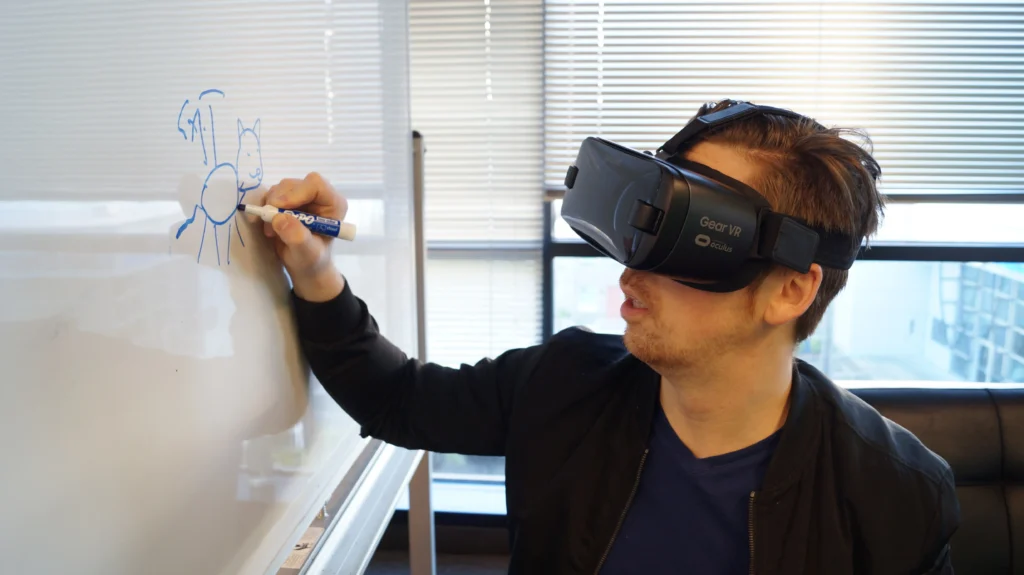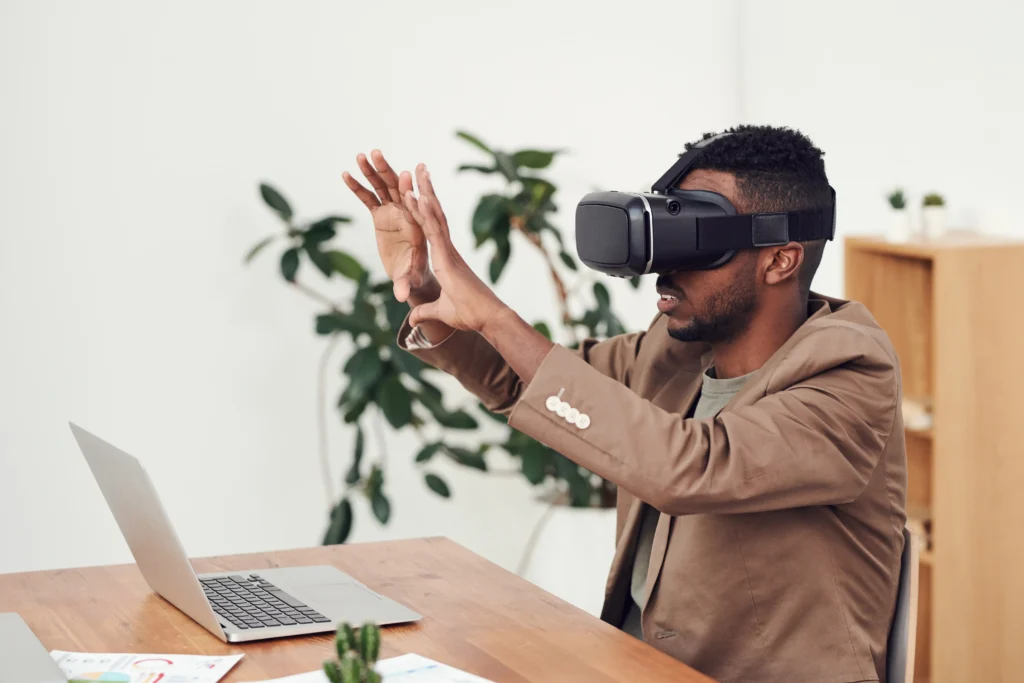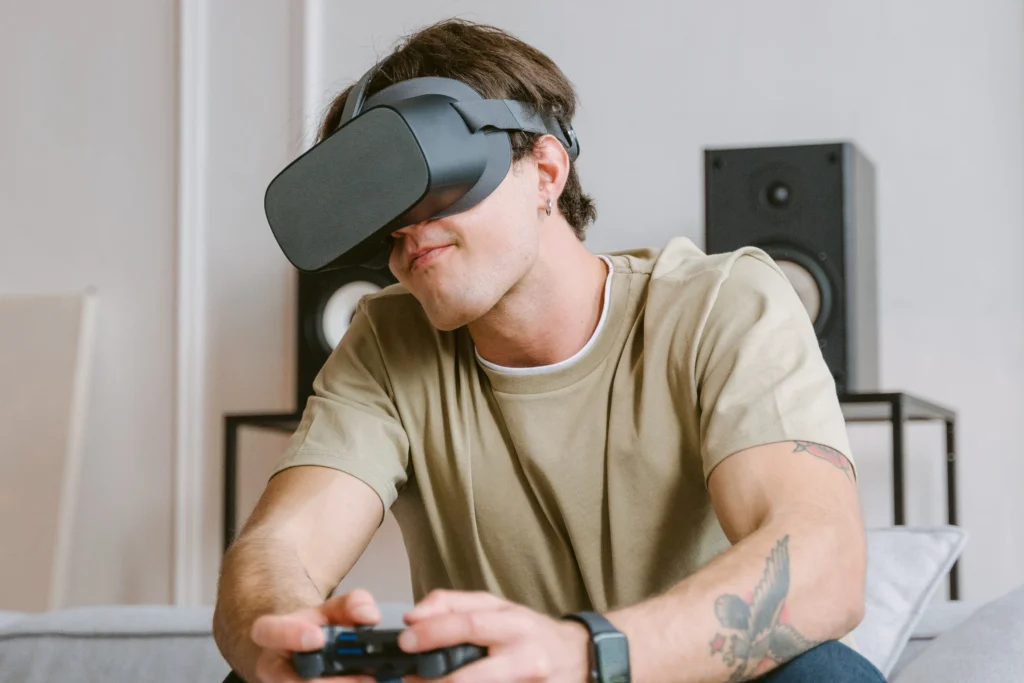Virtual reality (VR) is an innovative technology that immerses users in a simulated environment. By wearing VR headsets, individuals are transported to different places through visually and aurally projected images and sounds.
VR, although still in its early stages, holds immense promise in revolutionizing our interaction with the world across various domains. Let’s delve into a few areas where VR is making a significant impact:
Enhancing Education with Immersive Experiences

VR has opened doors to immersive educational experiences, providing students with interactive and engaging learning opportunities. With VR, students can embark on virtual journeys to historical landmarks, conduct experiments in simulated laboratories, and gain insights into diverse cultures.
Realistic Training Simulations for Professionals

Professionals across industries can benefit from VR’s ability to create realistic training simulations. By practicing their skills in a controlled environment, individuals such as surgeons, firefighters, and pilots can enhance their expertise. VR training ensures safer, more efficient, and hands-on learning experiences.
Unleashing New Dimensions of Entertainment

VR is reshaping the entertainment landscape, presenting exciting possibilities for immersive gaming and cinematic experiences. VR games and movies captivate audiences by offering unprecedented levels of engagement and interaction. This emerging medium is revolutionizing the way we consume and interact with content.
Connecting in Virtual Social Spaces
Social VR platforms enable people to connect and interact with each other within virtual environments. Whether for gaming, collaboration, or simple socializing, VR allows individuals to engage in shared experiences despite physical distances. Social VR is redefining the way we build relationships and foster connections.
The Implications of VR on Society
The potential of VR to transform society is profound. It can revolutionize education, healthcare, and work environments. However, it is crucial to acknowledge the associated risks, such as addiction and isolation, to ensure responsible usage.
Unveiling the Benefits of VR
VR brings forth an array of benefits, including:
- Immersion: VR offers unparalleled immersion, providing users with a sense of being present in a virtual world. This heightened sense of immersion makes VR ideal for education, training, and entertainment purposes.
- Engagement: VR is highly engaging, facilitating effective learning, training, and entertainment experiences. By actively involving users, VR enables deeper levels of understanding and enjoyment.
- Interactivity: VR enables users to interact naturally with virtual environments. This opens doors to interactive gaming experiences, collaborative workspaces, and social interactions within virtual realms.
Addressing the Risks of VR
While VR offers remarkable potential, it is essential to recognize and address the risks associated with its usage:
- Addiction: VR can be addictive, particularly for individuals susceptible to addictive behaviors. Awareness and moderation are crucial to ensure healthy usage.
- Isolation: Spending excessive time in the virtual world can lead to isolation from the physical environment and real-life social interactions. Balancing virtual experiences with real-world connections is paramount.
- Cybersickness: Some individuals may experience cybersickness, characterized by symptoms like nausea, vomiting, and dizziness when using VR. Adapting to VR gradually and taking breaks can help mitigate these effects.
Envisioning the Future of VR
The future of VR remains uncertain, yet its disruptive potential is undeniable. This technology has the capacity to reshape learning, training, work dynamics, and social interactions. However, it is crucial to approach VR with a thorough understanding of its benefits and risks.
In Conclusion
Virtual Reality Headset is a rapidly evolving technology with the power to revolutionize various aspects of our lives. As VR becomes more prevalent, it is essential to critically assess the advantages and drawbacks it presents. By leveraging VR responsibly, we can unlock its immense potential while safeguarding the well-being and experiences of its users.



